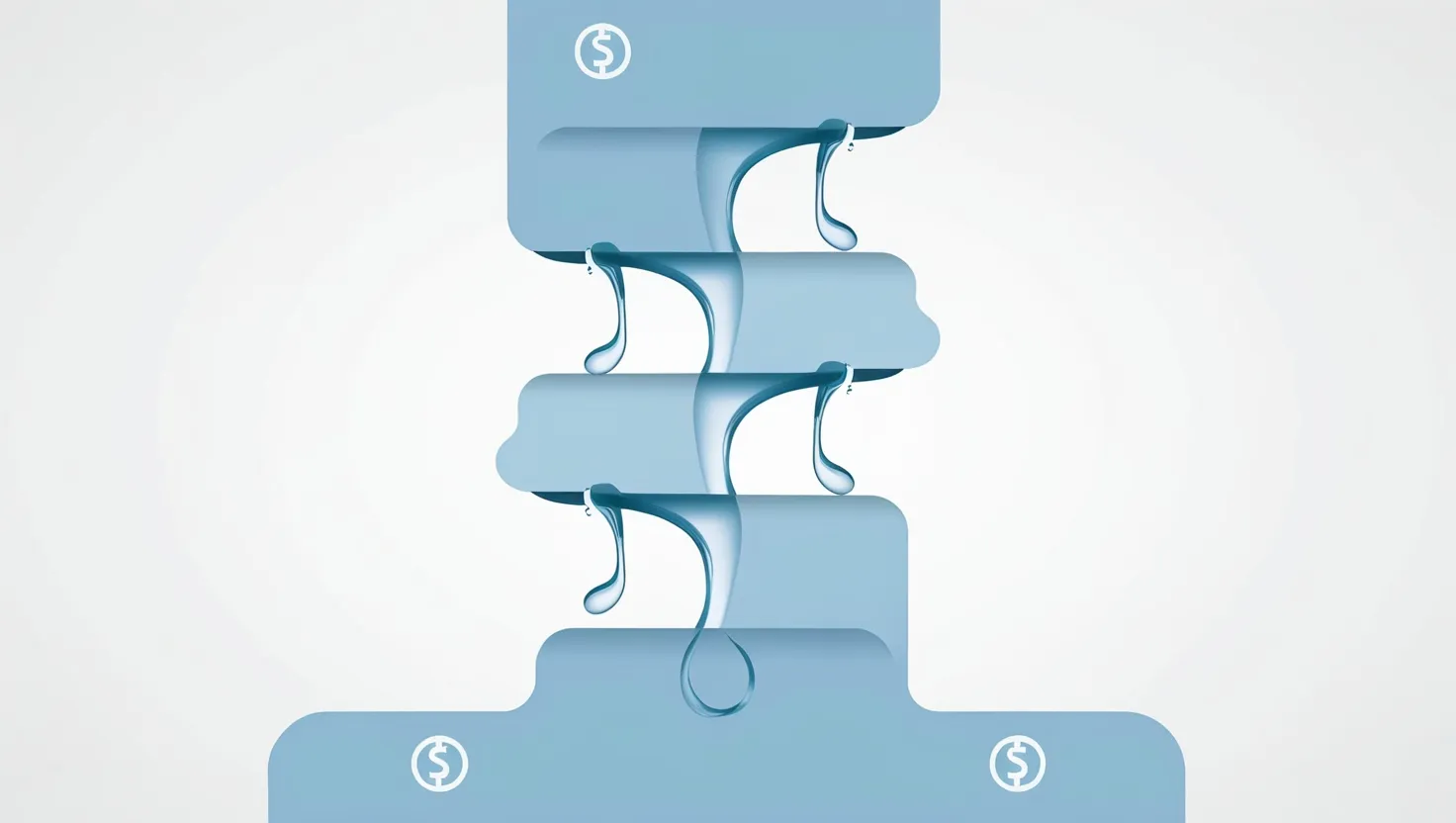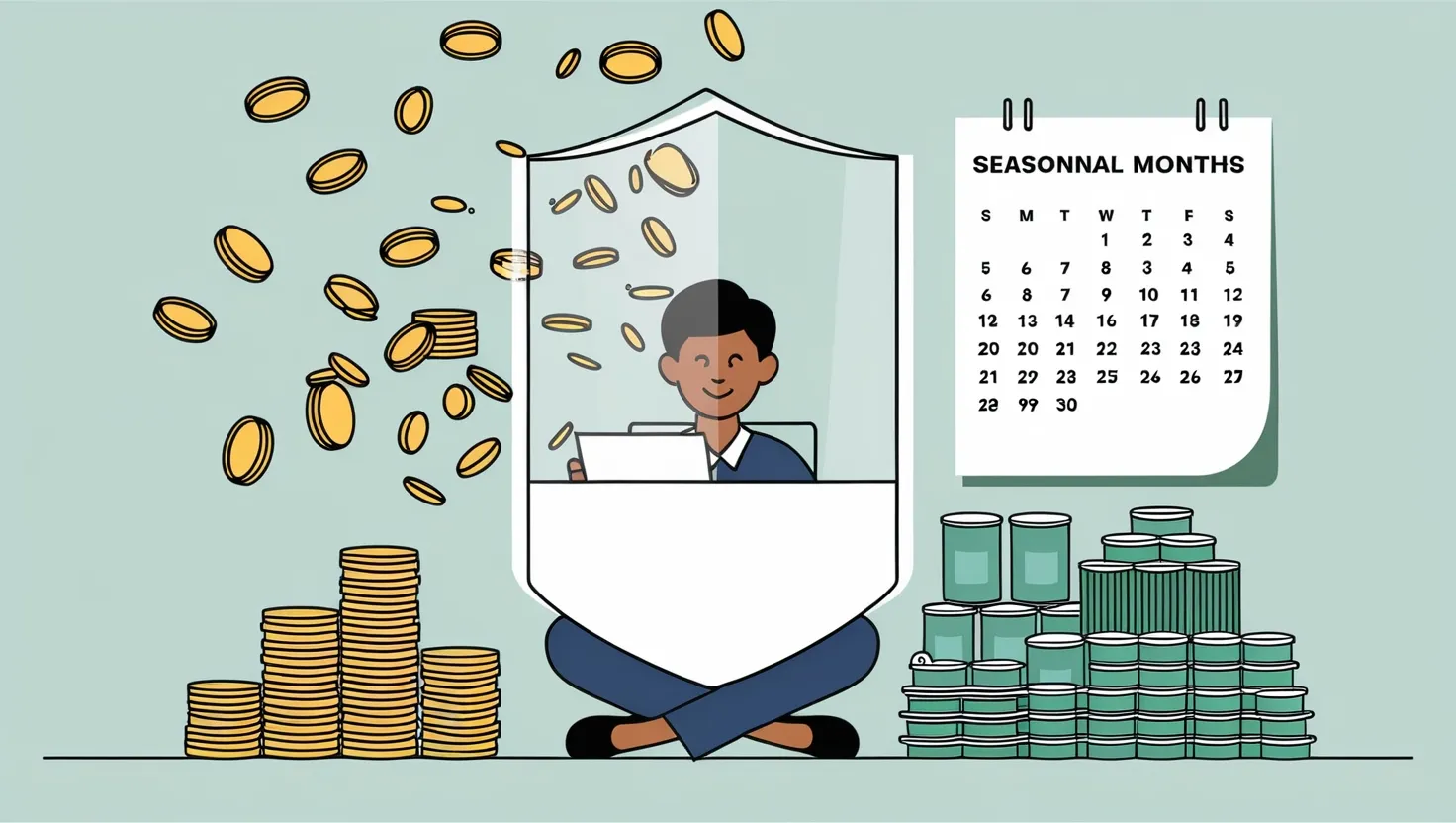Saving for a house down payment can feel like a monster of a task, especially if it’s your first time diving into the home-buying waters. It might seem overwhelming, but with a smart plan and some nifty tricks up your sleeve, you can turn that dream of owning a home into a crystal-clear reality. Here’s a simple guide to help you build up that down payment fund, step by step.
First things first, figure out your goal. You need to know how much you’re aiming to save. Check out the home prices in your desired area to get a rough estimate. Let’s say you’re looking at a $200,000 home. A down payment might be as low as 3%, so that’s about $6,000 you’re looking at saving. But don’t forget about those pesky closing costs. They can range from 3% to 6% of the home’s price, meaning you might need an extra $6,000 to $12,000 to cover them.
Next up, create a budget. Understanding how much you can realistically save each month is key. Take a look at your income, expenses, and any debts you have. You might need to tweak your spending habits so you can funnel more money into your savings. Budgeting can feel like eating your vegetables—definitely not fun, but totally worth it.
Sometimes, the money coming in just doesn’t cut it. So, think about boosting your earnings. Maybe it’s time to put in some overtime, find a second job, or start a side gig. Even selling stuff you don’t use or asking for a raise can make a big difference. It’s extra effort, sure, but inching closer to your dream home makes it all worth it.
Now, take a good look at where your money goes each month. This is where you can find some hidden gold. Maybe you’re overpaying for car insurance or your phone plan. Sometimes a little research can save you hundreds. And consider dialing back on the fun stuff—eating out, holidays, and whatnot. Every penny saved can go straight to your house fund.
Setting up automatic savings is like putting your money on autopilot. You can set up direct deposits with your employer or set up automatic transfers from your checking to your savings account. This way, saving becomes something you do without even thinking about it, making it easier to stay consistent.
Windfalls are fantastic. Whether it’s a tax refund, a bonus, or even birthday money from your grandma, throw it into your down payment fund. These little financial boosts can give your savings a serious jumpstart. Make it a habit—any unexpected cash flow should go straight to your home savings jar.
It’s super tempting to dip into other savings pots, like your emergency fund or retirement account, to speed things up. But hold off. Emergency funds are there for, well, emergencies, and you’ll thank yourself later for not touching retirement savings. Keep these bad boys separate and let them do their thing.
Don’t forget there are programs set up just to help folks like you. First-time home buyer programs can offer assistance with down payments, grants, and more. Look into what’s available through government-sponsored lenders like Fannie Mae and Freddie Mac, or check out VA loans and FHA loans. Local and state programs can also be a gold mine.
Saving can feel like a marathon with no end in sight, so break your big goal into smaller, digestible pieces. Instead of staring down the barrel of a massive down payment, set mini-goals. Maybe aim for $5,000 chunks at a time and give yourself a little reward when you hit each milestone. This keeps you motivated and makes the journey less daunting.
If you’ve got high-interest debt hanging around, it might be wise to tackle that first. Paying down those expensive debts can help improve your debt-to-income ratio—a key factor for mortgage lenders. Plus, it’ll free up more money for savings, getting you closer to your goal faster.
Keep your down payment money separate from your usual savings. Having a distinct savings account just for the house fund can be a game-changer. Less temptation to dip in when you’re feeling a bit spendy. Also, look into high-yield savings accounts to earn some extra interest on your savings.
Saving for a house down payment is all about small steps, patience, and sticking to your plan. Understand your financial situation, find ways to increase your income, cut out unnecessary expenses, and explore all available programs. It might take some time, but every little bit adds up, and before you know it, you’ll be turning the key to your new home. Remember, it’s a journey, and staying committed will lead you straight to your doorstep.






